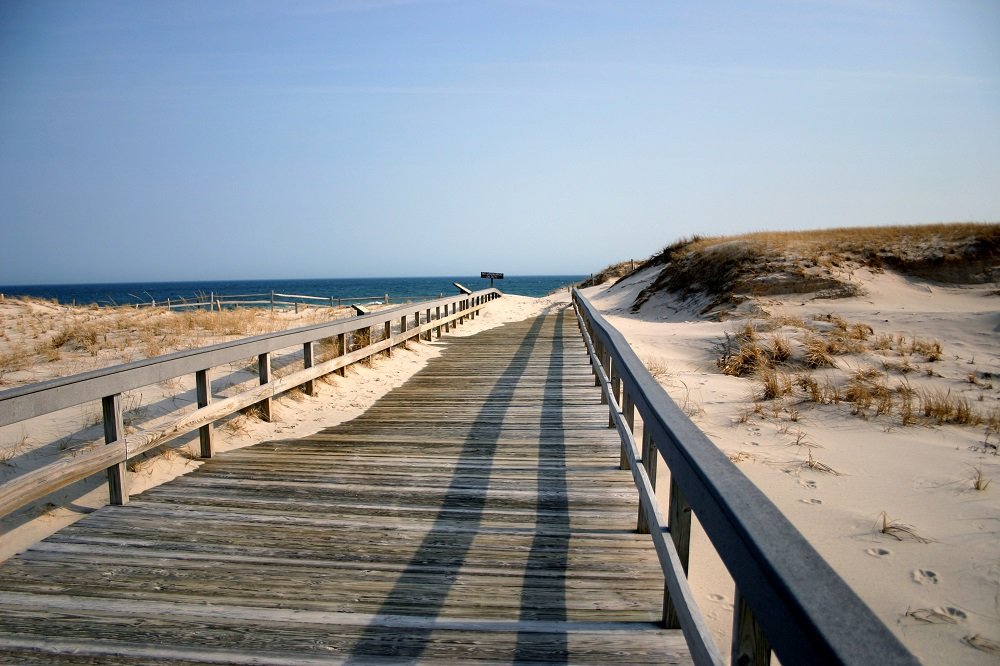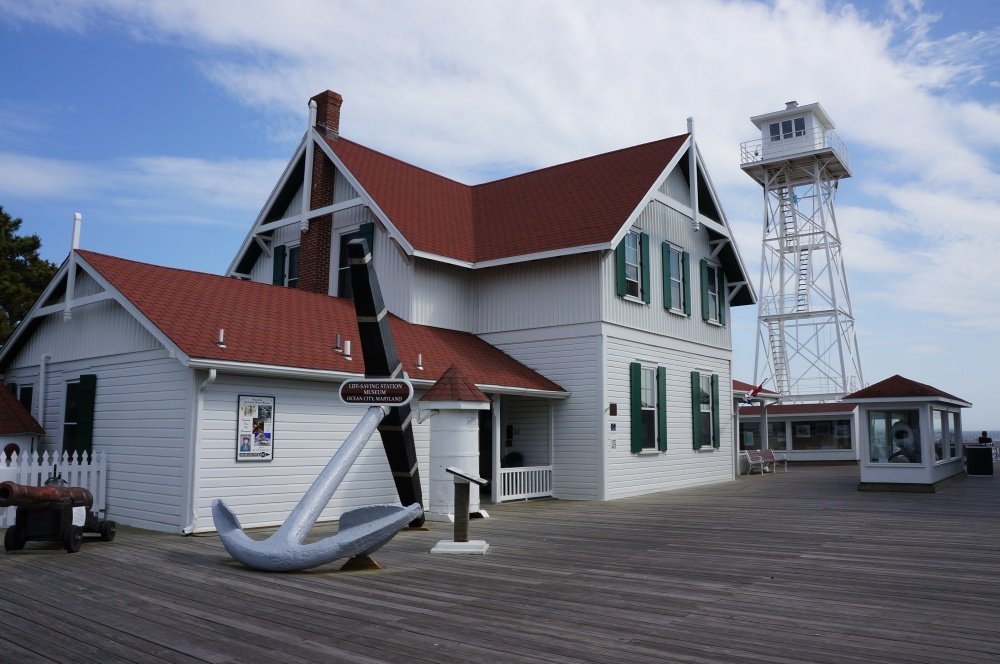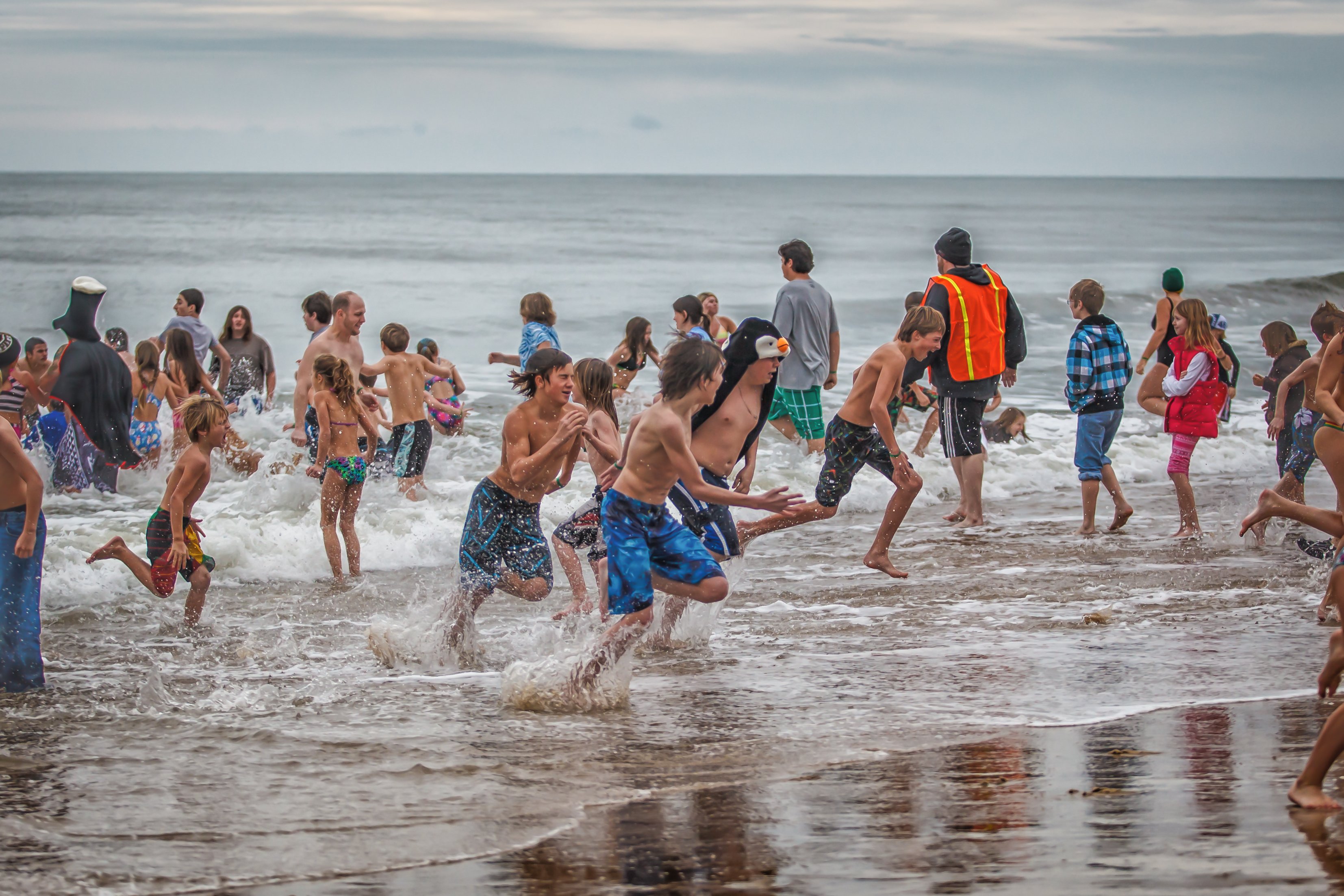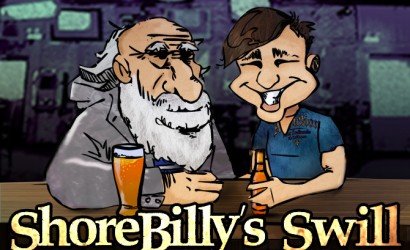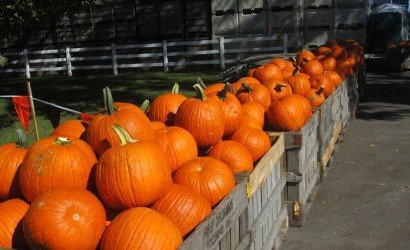When I parked my car at a meter in Washington D.C. in late September, I felt anxiety and pride. As I walked toward the Occupy Wall Street encampment at MacPhearson Square, I began to wonder what motivated me to come here? I could tell you it was the radical, or the hybrid Deadhead/Punk in me, but those would be superficial. Those definitions served me once but this was different. This movement captured my attention when it began in Mid-September because it was different than any other collective action I have studied or witnessed. What really prompted me to action was that my perception was confusing me.
For example, for three weeks none of the mainstream media sites I visit online mentioned anything about the thousands of American citizens protesting around the Wall Street building in Manhattan. I was seeing a steady stream of stories, photos, videos etc. from many other sources on the web and this really confused me. Why were the sites I visit everyday, not reporting this very important story? What did they have to hide? This made me think, “how many other stories are squelched and how often am I steered by the media’s choice of stories?” This infuriated me. I couldn’t believe that they obviously did not want this story to reach a lot of other Americans. So my perception about cable news and big media in general changed. This new viewpoint did not develop from something I read; I drew my own conclusions. The media became untrustworthy to me. My perception changed completely. I felt compelled to investigate for myself.
My first impression of the tent city was actually a little disappointing. There were only about 30 tents set up in a rather small park. I had expected thousands of them, as some media had been showing video of what appeared to be a lot more. That was another misconception that became corrected only by myself as witness.
People had chosen their own roles; kitchen worker, first aid worker, media liaison, etc. They were organized into committees such as Teaching, Organizing, Media Relations, Food Service, Library, and many more. The entire group met at the General Assembly at 6 pm daily and if you felt the need to start a committee, you could do so. On one of the days I visited the DC encampment a professor from Harvard, Lawrence Lessig, had taken his time to come to the square and speak. He gave a pep rally basically telling everyone that his specialty is white collar crime and government policy and that this popular uprising was the only way that “crony capitalism” was going to become exposed to Middle America. I was pretty awed at how enthusiastic he was and how honored he was to be in the presence of the overnight campers.
I met a variety of Americans at the encampment that were such a far ranging mix of people, it’s hard to convey. There were older retirees and ex-military, businessmen and students and, yes, some drum beating hippies. But it was no worse than a show at Merriweather. One young man I met had traveled from Alaska, after being discharged from the Army, to sleep at the encampments. His position in the Army was interrogator and he gave me that look like, “don’t ask how nasty it got for me over there.” He felt passionate about government and Wall Street abuse, and that there is a false impression of what is actually being defended by our military. I also met three business guys from Texas who had come down and watched Larry Lessig speak. They were in DC for a bid proposal for government contracting and we began talking about how the banks got bailed out and there is financial waste in the military.
When I come back to the shore of Delaware, I really reflected on why I am drawn to this movement and the reason that reoccurs is the degree of passion the people have displayed, and the variety of backgrounds each person has. It has shown me that all communities are hurting and are feeling a disconnect with their elected officials and financial leaders. I also learned that the degree of distrust for the stories that pass for news on the major news outlets is infinitely worse than I ever imagined. My distrust for them grows daily. I also get the sense that this may be people’s last chance to have real honest dialogue as we head further into the millennium.
My friends ask me what this has to do with me, here on the shore. I feel that the fine print on the laws passed by our leaders is meant to be missed by the people of America intentionally. This has corrupted the entire system almost to a point of disrepair. The “trickle-down” theory has failed. When business and government operate the way they were intended, the market naturally corrects itself. But if humans corrupt the system to benefit themselves, those who are not in control of these systems are harmed.
The influence that Wall Street and big corporations have on the political system is becoming worse. These conditions are making people feel hopeless. Money used to aid bad business decisions could be used to pave our local roads (they are killing my shock absorbers!). They could be used to hire incredible teachers. Rural areas are affected terribly by job loss and by funding cuts. Abuse of “green” credits will hurt our environment. Over-fishing of tuna by big corporations is impacting friends who are charter boat captains. Local farmers are dependent on seed stock that is trademarked so they are regulated to be dependent on certain corporations.
It seems to me that all of the problems lead back to politicians who become influenced to act on their own personal behalf and not on behalf of their constituents. If we have to endure these conditions, than the playing field should be fair. In our current situation it is not. People are more frustrated and are suffering more than they are willing to admit. The message is clear: if the American people do not get more in involved in their political future, their freedom and future will be further compromised. The Occupy Wall Street movement is offering a glimmer of hope—the variety of Americans coming together is an impressive force. They are every type of American you can imagine. They are frustrated and are trying to reach out to each other without the unbalanced bias of the news media.
If the Occupy Wall Street’s only contribution to the American landscape is growing discussions among Americans, then it will truly achieve its unstated goal. No matter what each of us believes what I think this movement is teaching us is that maybe we need to be a little more active in our frustrations. We all protest in our own ways, comfortably, from our Facebook accounts but maybe its time for Americans to push our leaders a little bit harder. We have this incredible luxury—the ability to voice our opinion and bring about potential change; we should not let it go to waste.

